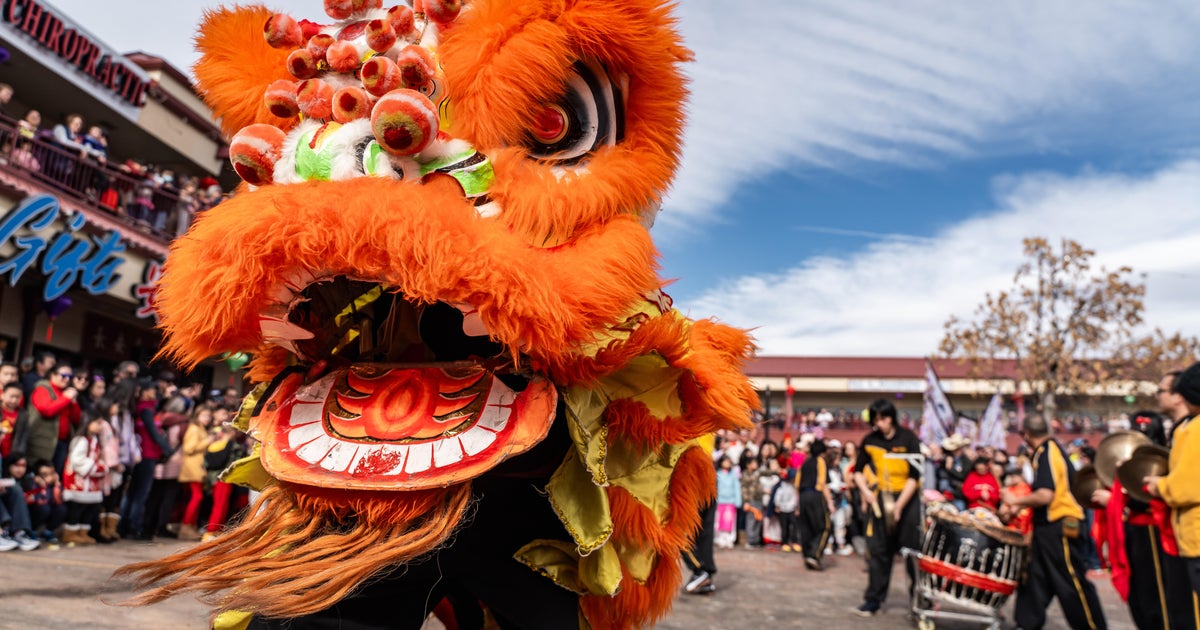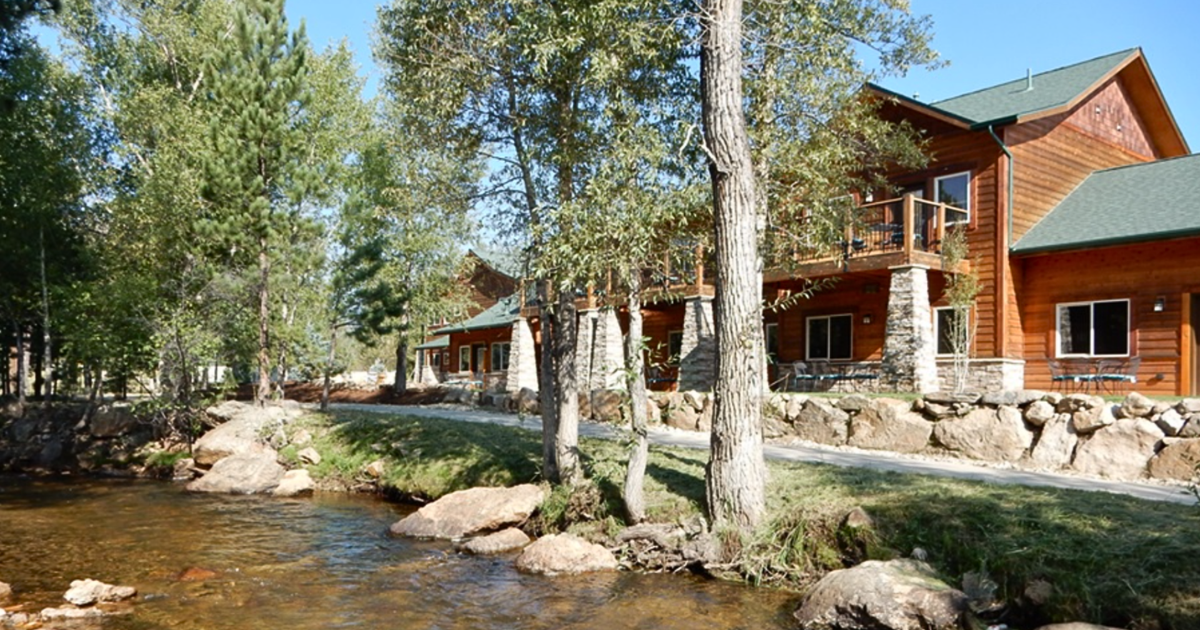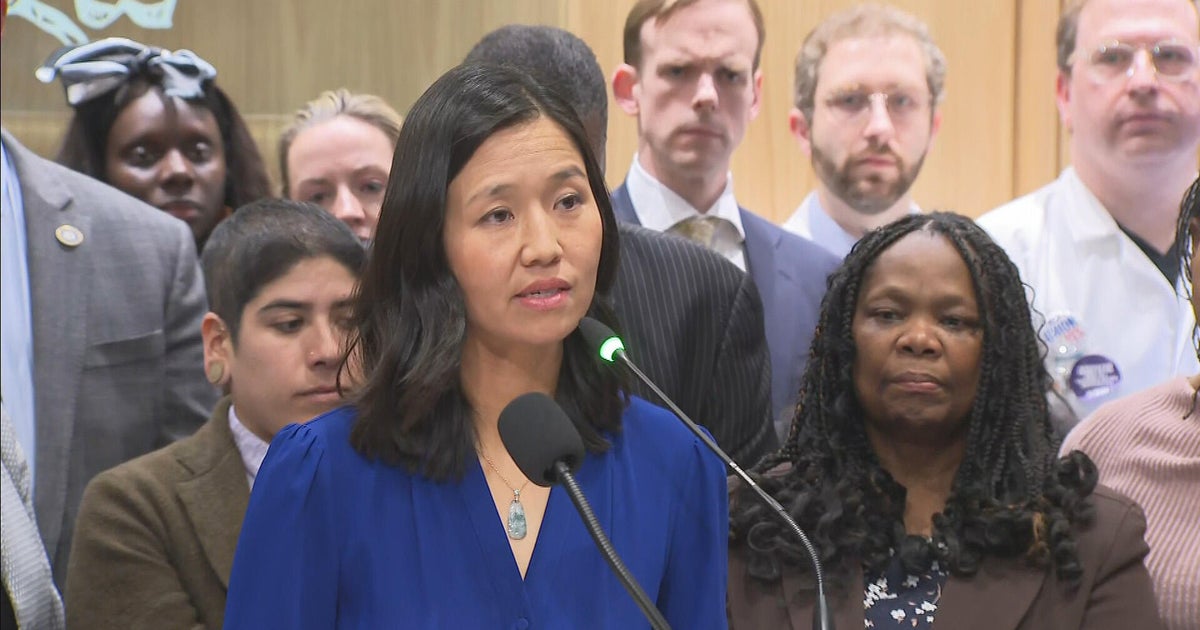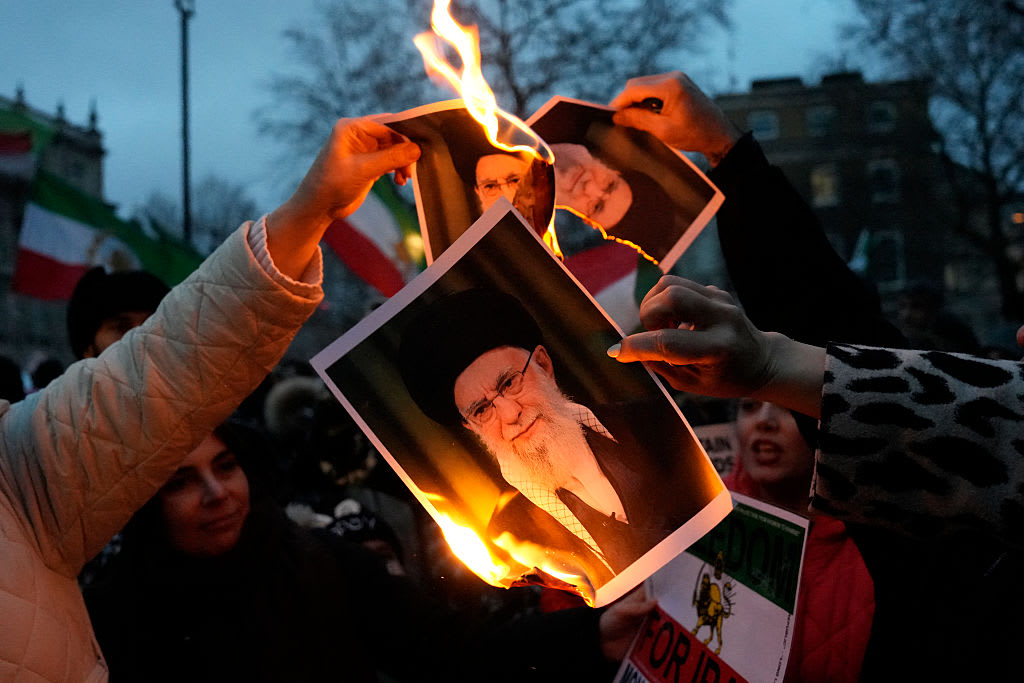Newark mayor unveils a guaranteed-basic-income program for residents
The mayor of Newark, New Jersey, is launching an experiment in which hundreds of individuals will receive free money for a period of two years, following a similar — and advocates say successful — guaranteed income pilot program in Stockton, California.
Newark Mayor Ras J. Baraka, a Democrat and member of the advocacy group Mayors for a Guaranteed Income, first presented the idea in March 2019 to help the city's struggling citizens.
Now, after the COVID-19 pandemic put plans on hold, Baraka is unveiling a pilot program called the Newark Movement for Economic Equity. The two-year program will pay a random selection of 400 Newark residents, ages 18 and older and with household incomes that are 200% below the federal poverty level, a sum of $12,000 each, over two years.
Half of those individuals will receive $500 monthly payments, with the other half receiving four payments of $3,000, paid out semi-annually.
"We are going to get real data, and join with the rest of the mayors across the country who are doing similar projects, and begin to push for a national model in terms of what's best for cities and what's best for people — in terms of how they should get the money and what they'll be spending it on," Baraka told CBSN's Tanya Rivero.
Baraka said he is hopeful the stipends will provide recipients with a long-lasting economic boost.
"It's important that people have access to money that is unfettered, without all kinds of restrictions, that [allows] them to spend it the way they can. And the stimulus checks that people are getting is proof of that — is evidence that this needs to happen," he told CBSN.
Private donors will fund the program, but the aim is to convince "the federal government that this is something that should happen in perpetuity joining with mayors all over the country," Baraka said.
Former Stockton mayor Michael Tubbs was the first to test a guaranteed basic income program. Called the Stockton Economic Empowerment Demonstration, it gave more than 100 randomly selected city residents living below the poverty line $500 monthly payments for two years.
The program demonstrated higher rates of full-time employment and other positive impacts on participants, including improved mental health outcomes, economic researchers found.
Baraka is expecting similar results in Newark.
"Talking to the first four folks that are getting the money immediately, folks are going to spend the money to improve their educational outcomes, take classes," he said, adding, "People are going to use this money to spend more time with their family in their homes, to be able to buy food and pay for electricity and all kinds of bills that are in their households."



